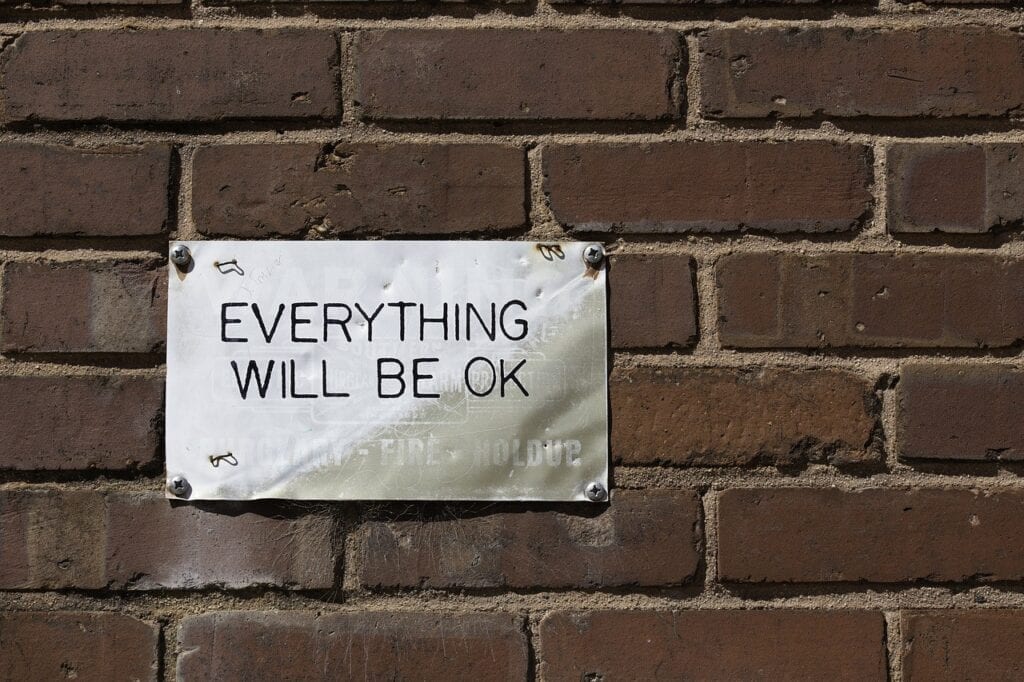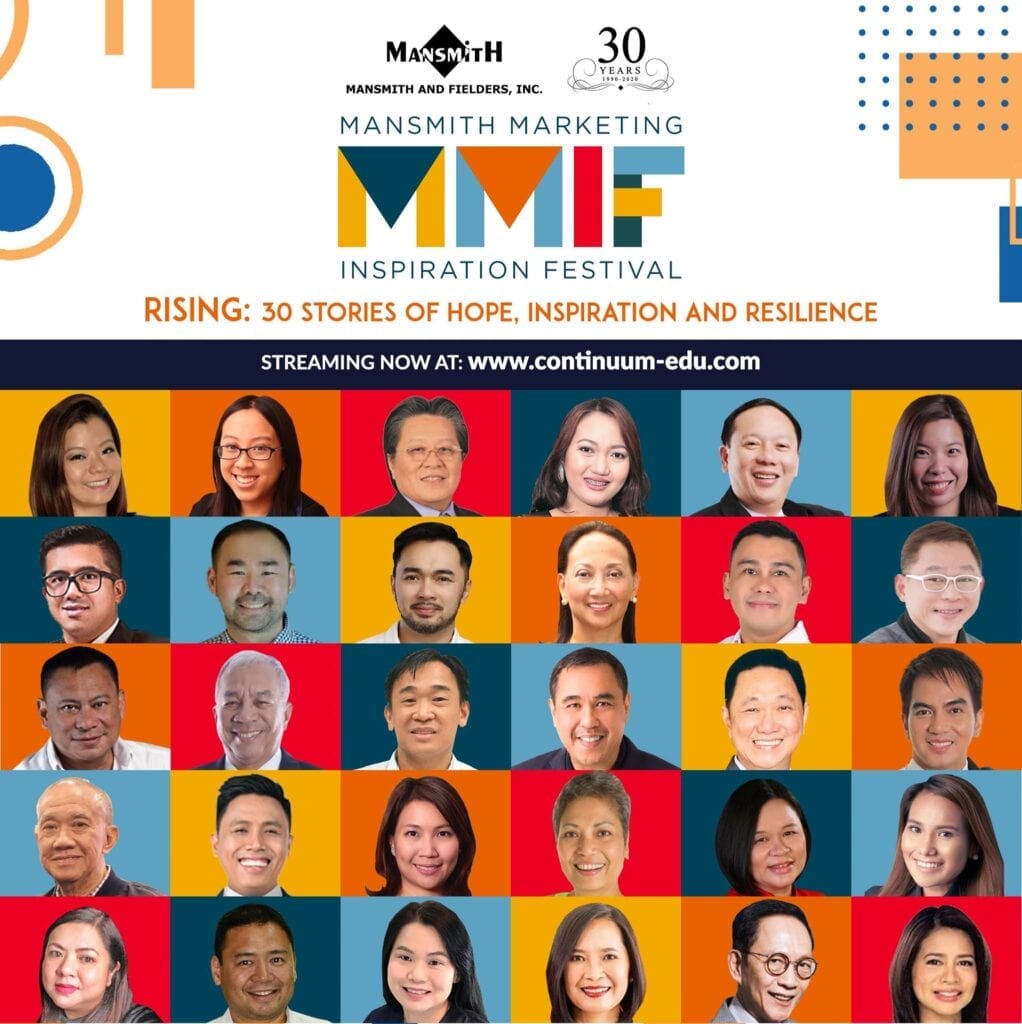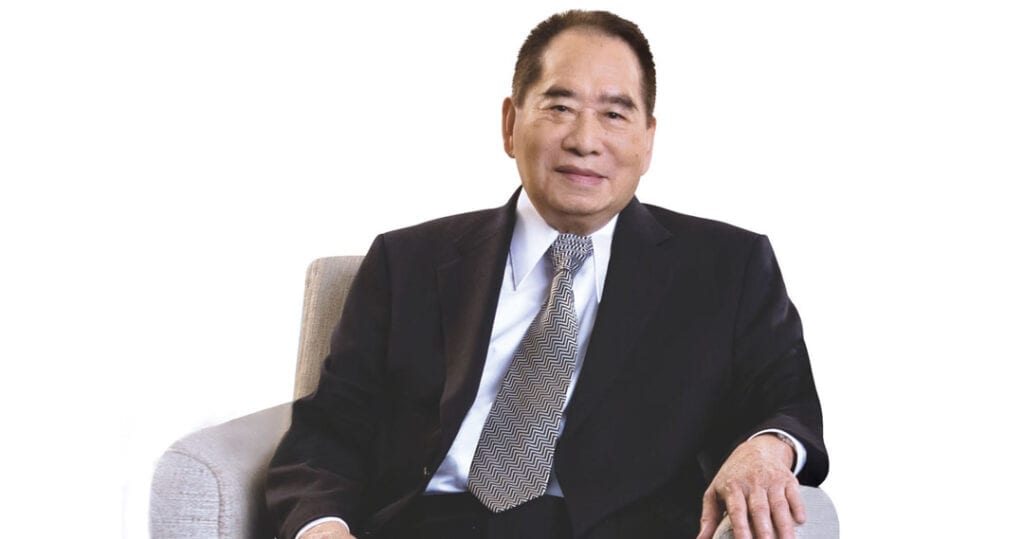
Have you ever experienced closing down a business? Losing money to fraud? A painful break up in a personal or professional relationship? Being involved in a major car accident? Being sexually abused as a child? Being betrayed by someone you trusted? There are too many devastating incidents to mention, but their commonality is that they are traumatic events in one’s life that alter our sense of balance, affecting our health – both mental and physical.
But have you ever wondered why some people are able to overcome their crucibles, why one person is more resilient than another? Or put another way, how a person previously perceived to be a survivor, this time failed to adapt and pivot during the Covid19 lockdown? I did some research to understand this occurrence, aware that there are many factors that may be involved but not evident.
While researching 45 companies from 17 countries for our “Business Model Shift: Pivoting Toward A New and Better Normal” online seminar (available in www.day8.org), it occurred to me that the human dimension in pivoting the business model requires a deeper look, where there is some science of resiliency in the process of “rebounding” from a loss.
The first commonality is they all have a common goal to counter the COVID19 pandemic lockdown to their advantage in very clear and committed ways, in order to save their companies as well as many jobs as possible. Having such goals and being decisive from the onset or making a clear decision to pivot are pre-requisites.
Being resilient is complex and covers not just psychological but also social, cultural and biological factors. It is a continuum and may change over time as we interact with the environment and as we are further influenced by experience. For instance, culturally, the Chinese treat crisis as both a danger and an opportunity, as can be seen in their two words for crisis, Wei Chi (危机). Biologically, when we exercise moderately, our moods and energy can change because the endorphin level is boosted, reducing anxiety and blocking pain. Psychologically, our behaviors from coping from stress, may be defined by our mental and emotional processes of reframing positively. Socially, our connectedness and sense of belongingness with support groups, such family and friends, allow each member to watch out for and support each other’s well being.
There are some patterns we can identify in people who are resilient, noting that resilience is not just about overcoming crisis but even coming out well or even better after a crisis.
Surviving many challenges and learning the lessons give us strength and wisdom. For instance, someone you expected to buy from you unexpectedly turned you down and even criticized what you sell and what you do. Instead of feeling bad, you accept the reality and persist, and reframe by considering the possibility that your prospect may be having a hard time except he is not telling you. Or maybe, the value you offered that used to be relevant, has been redefined and is no longer a priority. With this reframing, you become better because these challenging situations are training you to be tougher, or preparing you to do well next time.
I have been quite impressed studying the tools provided in the resilience research works of Dr. Steven Southwick, and Dr. Dennis Charney. Both are multi-awarded researchers and medical doctors who have investigated for several decades, among others, trauma survivors including combat veterans, civilian children and adults with post-traumatic stress disorder (PTSD), and even former prisoners of war (POW), understanding the causes of human anxiety, fear, depression, and resilience. They shared 10 tools in their book “Resilience: The Science of Mastering Life’s Greatest Challenges” and I would like to share these ten to business people on how to get away from feeling hopeless and helpless.
Here are the 10 tools and my personal take on each concept.
1. Optimism – is the unshakable belief that good will come out of a situation in the future.
2. Role models – are the people we look up to, desiring to follow their traits or footsteps.
3. Spirituality – is the connection with religion and/or mindfulness, beyond material things.
4. Moral Compass – is the inner guide used to help judge and act based on what is perceived to be right or wrong.
5. Meaning & Purpose – is the chance to experience what it is really like to be human, to keep pivoting to find better ways for ourselves and others, until we have the right answer.
6. Cognitive Flexibility – is the gift to do a paradigm shift in order to show compassion for ourselves and others.
7. Facing fear – is the courage to do what you are told you cannot do.
8. Brain Fitness – is the ability to enjoy variety and curiosity to learn new things and new challenges.
9. Social Support – is the group of people you turn to in times of crisis for encouragement or a new perspective.
10. Physical Training – are body activities that allow us to have good health and well-being.
Too many worries, anxieties and fears will weaken the immune system and affect our health. Fortunately, we can learn from actual cases on surviving major crisis. On our 30th anniversary, Mansmith and Fielders Inc. launched the Marketing Inspiration Festival (MMIF) featuring interviews with 30 popular personalities who have shown resilience and bounced back from their crisis in the past. These people have experienced growing up in poverty, being looked down on, flunking in schools, being physically handicapped, experiencing devastating illness, getting fired, gone through business failures, losing two-third of franchisees, losing all clients, managing with over 700% currency devaluation, going bankrupt, feeling suicidal, losing all to fire, flunking board exams, starting over, or starting a tough project, but have all succeeded to be resilient and lived to tell their stories. Thanks to Raymond Aaron, Cherrie Atilano, Jan Jizelle Ang, Dr. Carl Balita, Jane Basas, Atty. Darlene Berberabe, Euclid Cezar, Penk Ching, Carl Dy, Malu Dybuncio, Charlie Fernando, Pruds Garcia, Marvin Germo, Zarah Juan, Francis Kong, Omni Larrosa, Lafayette Lim, Bert Lina, Jose Magsaysay, Paco Magsaysay, Cecilio Pedro, Dinah Salonga, Butch Salvador, Ding Salvador, Chinkee Tan, Darlyn Ty, Audrey Tanco-Uy, Jorge Wieneke, Jocelyn Cosiquien Yu, Kathleen Yu who have unselfishly agreed to share their stories and perspectives of hope, inspiration and resilience to help uplift Filipinos especially during these times.

Their insightful videos are available for free at the events page of Continuum Academy website at www.continuum-edu.com.

